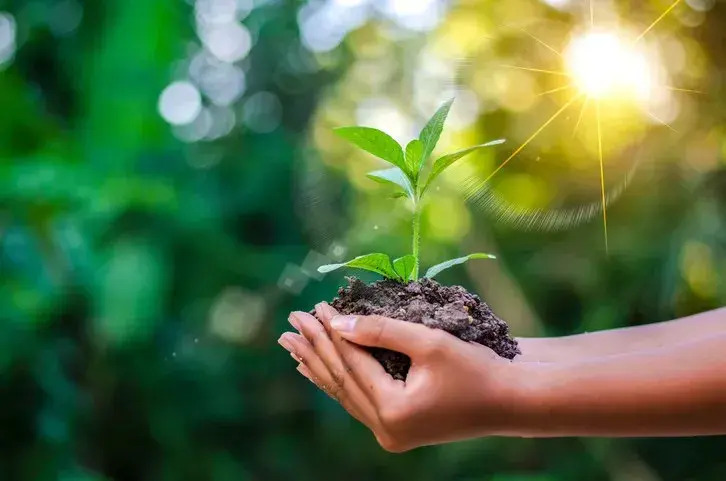
5 environmentally friendly biochemical business ideas for a greener future.
For example, an energy company that installs solar panels to help customers reduce carbon emissions, an apparel company that makes bags and footwear out of sustainable materials, and a shipping and fulfillment provider that uses sustainable practicesto decrease its carbon footprint can all be considered green .
READ MORE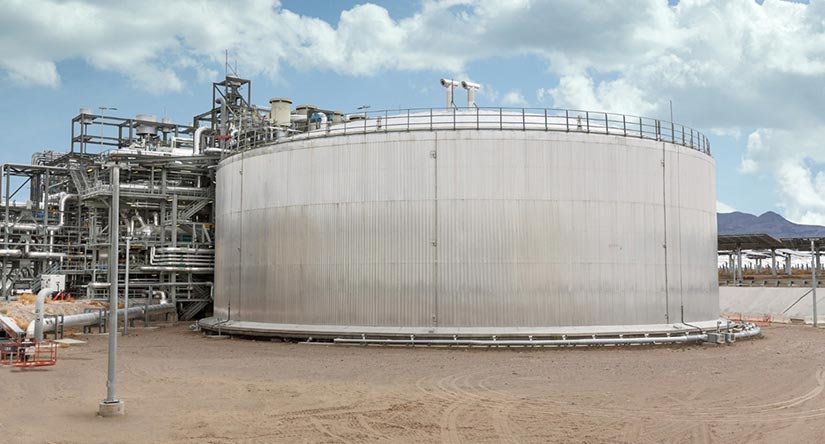
High-efficiency options for storing renewable energy include thermochemical energy storage
Pumped hydro storage is one of the most established and largest-capacity energy storage technologies. It works by pumping water to a higher elevation during periods of low demand and releasing it to flow downhill through turbines to generate electricity when demand is high.
READ MORE
Essential Biochemical Tests: Who Should Consider Them and Which Ones Are Crucial?
A biochemical test is a test that identifies a particular bacteria species. It identifies specific bacteria based on the bacteria's biochemical activities. Because different species of bacteria have different biochemicals activities, a specific species of bacteria can be distinguished in a biochemical test.
READ MORE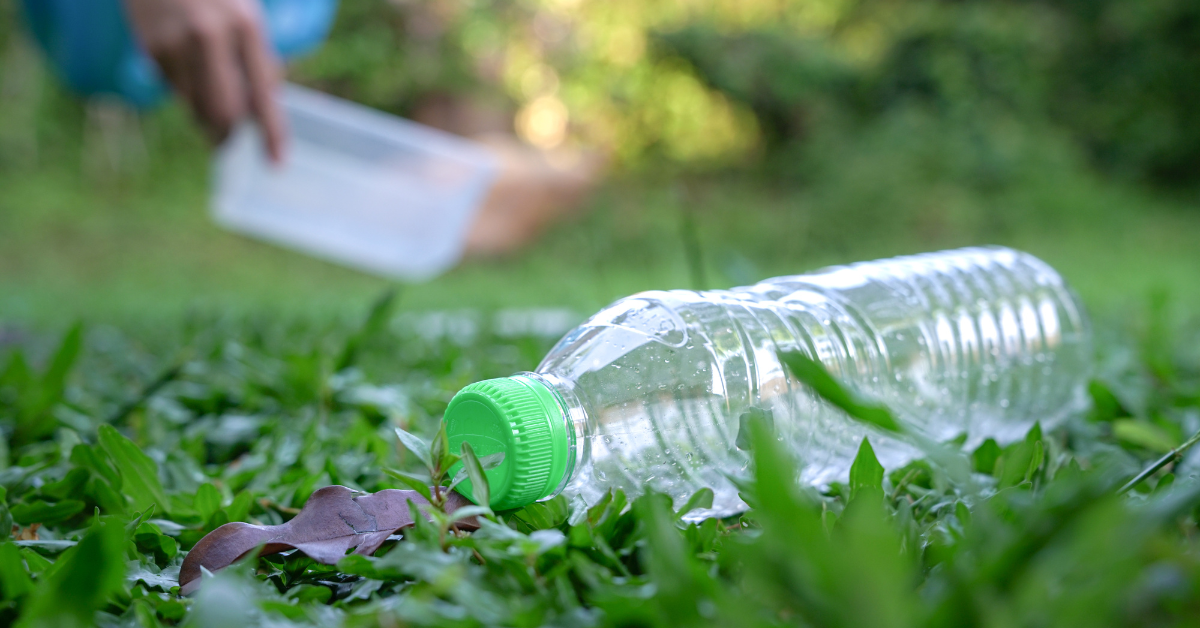
Thermochemical Recycling: Advancing the Circular Plastics Economy
Thermo-chemical processes break down waste materials into smaller building blocks. Pyrolysis, for example, operates without oxygen, converting plastic waste into chemicals or valuable feedstock that can replace fossil fuels in the production of new plastic.
READ MORE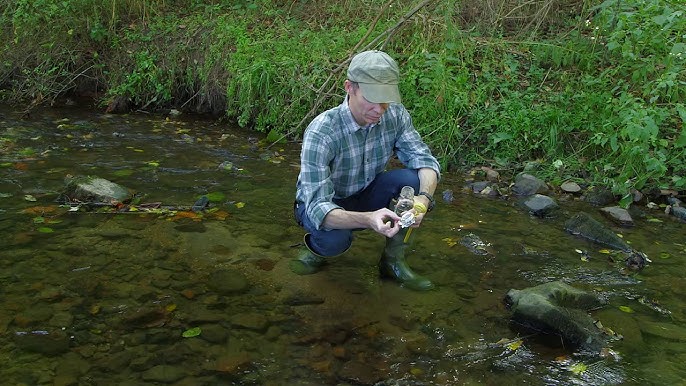
Introduction To Biogeochemical Cycles
The ways in which an element—or compound such as water—moves between its various living and nonliving forms and locations in the biosphere is called a biogeochemical cycle. Biogeochemical cycles important to living organisms include the water, carbon, nitrogen, phosphorus, and sulfur cycles.
READ MORE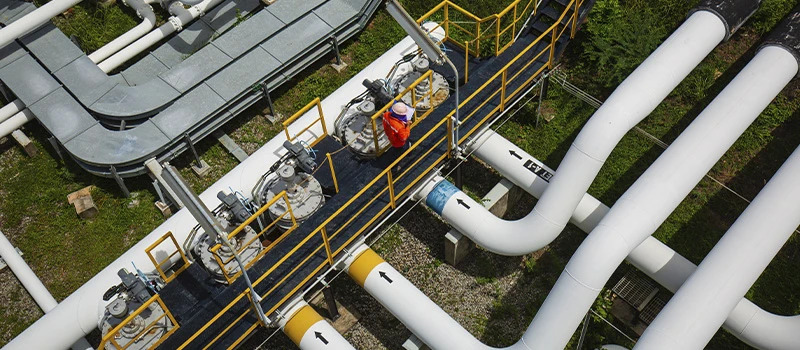
Testing of improved thermochemical storage in a real environment
The working pairs of materials incorporated in thermochemical energy storage system including silica gel/water, magnesium sulfate/water, lithium bromide/water, lithium chloride/water, and NaOH/water have been considered the most prominent materials for achieving increased heat storage capacity.
READ MORE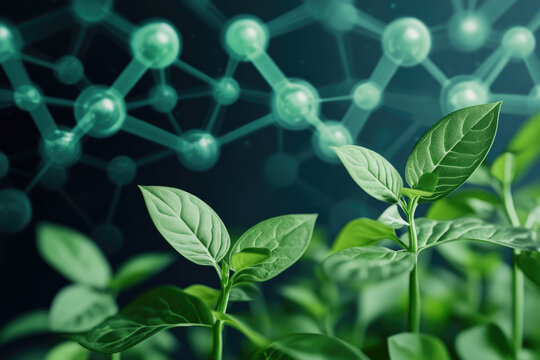
10 Reasons Why Biochemistry is Important
Biochemistry combines biology and chemistry to study living matter. It powers scientific and medical discovery in fields such as pharmaceuticals, forensics and nutrition. With biochemistry, you will study chemical reactions at a molecular level to better understand the world and develop new ways to harness these.
READ MORE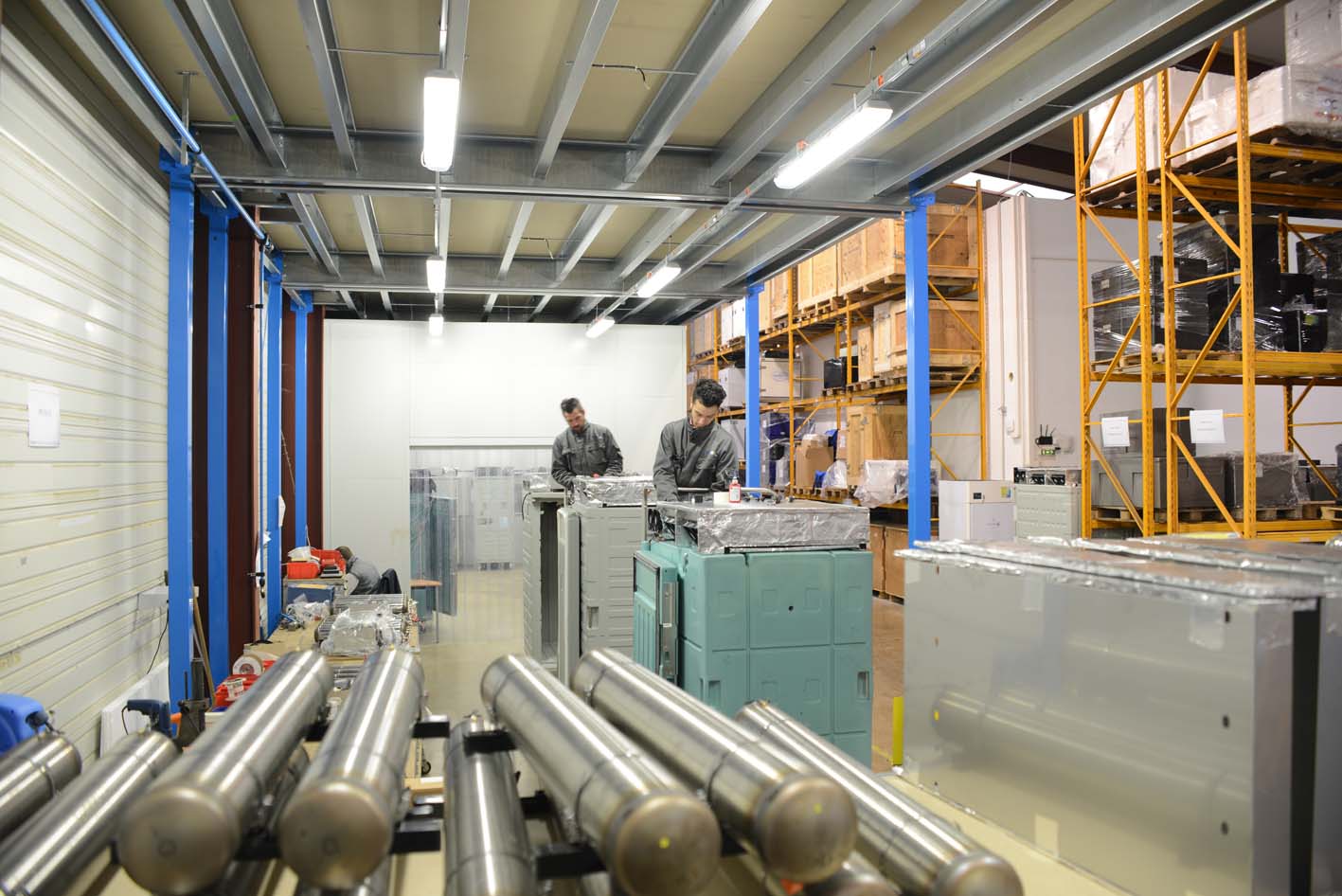
Thermochemical conversion of municipal solid waste into energy and hydrogen
The conventional approach for energetic valorisation of waste is direct combustion or incineration. Besides incineration more advanced thermochemical approaches, such as pyrolysis, gasification and plasma-based technologies, have been developed since the 1970s.
READ MORE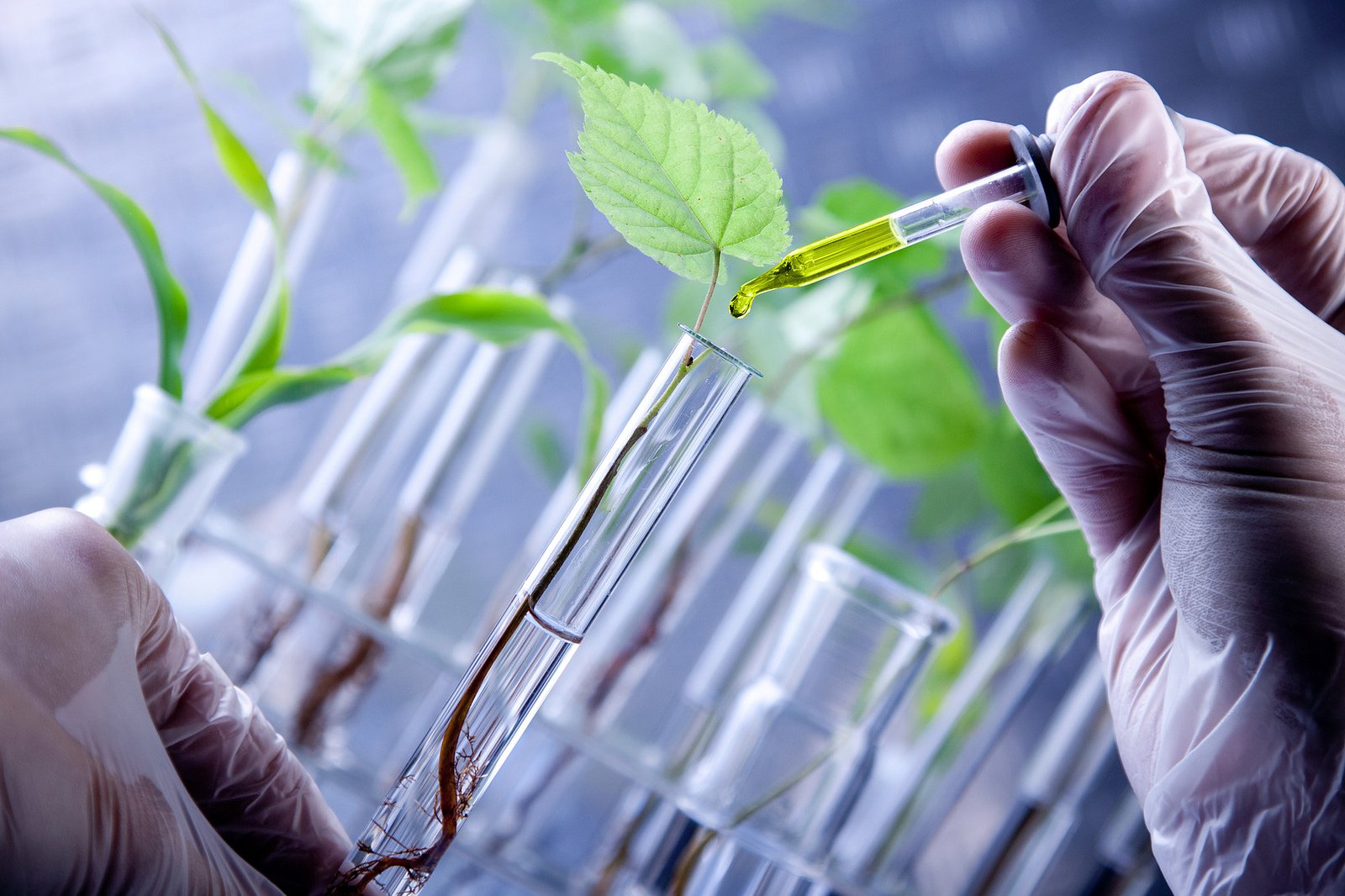
Biotechnology vs Biochemistry Best for Further Studies and Career
Given its nature, Biotechnology's application generally comes second after the principles of Biochemistry or Microbiology are set in place. It is, however, a vast field of knowledge worthy of being a major all on its own.
READ MORE